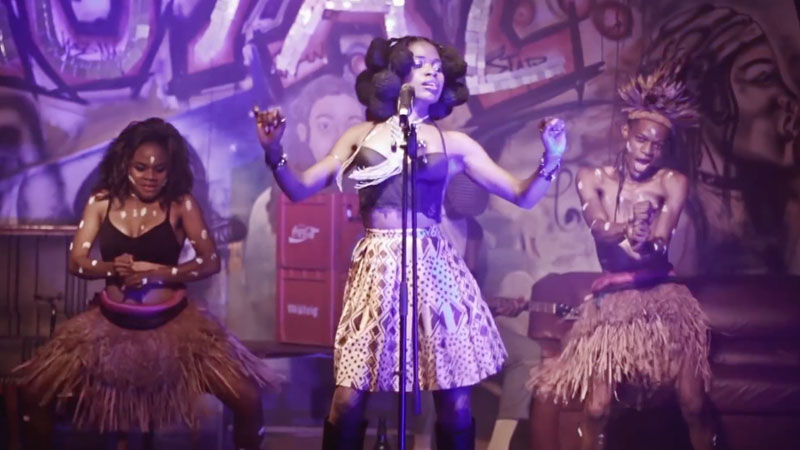These days, all it takes is a laptop, a microphone, some software, maybe a MIDI keyboard, and competence with social media to get your music out into the world. To some, this has cheapened contemporary music, allowing crisp production and programmed beats to stand in for musical ability or creativity. On the flip side, this accessibility has also weakened some of the heavy barriers to entry imposed by record labels and expensive recording studios.
In this newly democratized landscape, many talented musicians have been able to get their starts and flourish, winning the hearts and ears of fans across the globe. Some get picked up by labels or producers who boost their creations to new heights, and some are championed by vibrant, local social media networks that spread the word. There is a lot to be said about the dynamics of our contemporary music world, but for today, we’re just going to take a look at some of the fruit that it bears.
On the Internet, we swim in a constant stream of new music (and hi-def music videos) from every corner of the planet—a thrilling and overwhelming thing. We want to try to bring you a slice of that rich, ever-changing world. We present to you the first in a series we’re calling Fresh Cuts. It’s a selection of some of the newly released tracks and videos from across Africa and the diaspora, featuring established and up-and-coming artists and everything in between. Today, we’ve got a lineup of rappers and singers from Mali, Côte d’Ivoire, Senegal, Cameroon, Congo, Kenya, Tanzania, U.K. and France. Enjoy!










